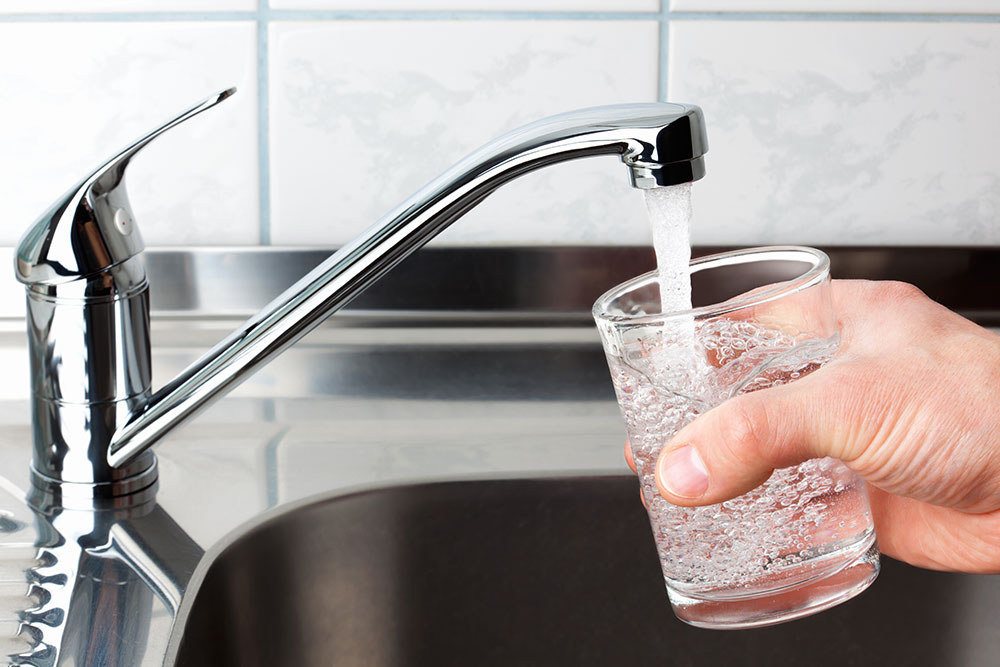Water is a fundamental resource in our daily lives, used for drinking, cooking, cleaning, and more. However, the quality of water can vary significantly depending on its source, and one common issue many households face is hard water. To address this problem, water softener systems have become a popular solution. In this blog post, we will explore water softener systems, their benefits, different types, and how to maintain them.
What is Hard Water?
Before delving into water softeners, it’s essential to understand the concept of hard water. Hard water is water that contains high levels of dissolved minerals, primarily calcium and magnesium. These minerals are naturally present in many water sources and can lead to various issues in your home.
The Downsides of Hard Water
Scale Buildup: The minerals in hard water can accumulate in pipes, appliances, and fixtures over time, leading to scale buildup. This can restrict water flow, reduce the efficiency of water heaters, and damage plumbing systems.
Reduced Cleaning Efficiency: Hard water can make cleaning tasks more challenging. Soap and detergent don’t lather well in hard water, and it can leave spots and streaks on dishes and glassware.
Appliance Damage: Water-dependent appliances like dishwashers, washing machines, and coffee makers can suffer from reduced lifespans and decreased efficiency when exposed to hard water.
Skin and Hair Issues: Bathing in hard water may result in dry skin and dull hair due to the mineral deposits on the skin and hair follicles.
Water Softener Systems: An Overview
Water softener systems are designed to combat the problems associated with hard water by removing the minerals responsible for water hardness. These systems work by a process known as ion exchange, which replaces calcium and magnesium ions with sodium ions, effectively softening the water.
Benefits of Water Softener Systems
Improved Water Quality: Water softeners effectively reduce the hardness of water, resulting in softer and more pleasant water for everyday use.
Appliance Protection: Softened water prevents scale buildup in appliances and extends their lifespan. This can lead to significant cost savings in the long run.
Energy Efficiency: Water heaters and other water-based appliances operate more efficiently with soft water, reducing energy consumption.
Soap and Detergent Savings: Soft water allows soaps and detergents to lather more effectively, leading to reduced consumption and cost savings.
Better Hair and Skin: Soft water is gentler on your skin and hair, helping to alleviate dryness and irritation.
Types of Water Softener Systems
Salt-Based Water Softeners are the most common type of water softeners.
They use resin beads to exchange calcium and magnesium ions for sodium ions.
Regular regeneration is required where salt is used to clean the resin beads.
Effective at reducing water hardness, but they add sodium to the water.
Salt-Free Water Softener systems do not use salt for the ion exchange process. Instead, they use a template-assisted crystallization (TAC) process to prevent scale buildup.
They do not actually remove the minerals but alter their form so that they do not accumulate as scale. Suitable for those who want to avoid adding sodium to their water.
Dual-Tank Water Softeners consist of two resin tanks, allowing one to regenerate while the other continues softening water. This ensures a continuous supply of softened water, making them suitable for larger households or businesses.
Maintenance of Water Softener Systems
To ensure your water softener system operates efficiently, regular maintenance is necessary:
Salt Level Check: For salt-based systems, check the salt level regularly and add salt as needed. How often this is required depends on your water usage and the system’s size.
Resin Bed Cleaning: Depending on the system, the resin bed may need periodic cleaning or replacement. Consult your system’s manual for guidance.
Bypass Valve Operation: Know how to operate the bypass valve. This is crucial during maintenance or in case you need to bypass the softener temporarily.
Water Quality Testing: Periodically test the water quality to ensure the system is functioning as intended. If you notice a decline in water softness, it might be time for maintenance.
Professional Servicing: Consider having a professional service your water softener system annually to ensure it’s in optimal condition.
Water softener systems offer a reliable solution to the problems caused by hard water. By softening your water, you can protect your appliances, save on energy and cleaning costs, and enjoy the benefits of softened water for your skin and hair. Choosing the right type of system and maintaining it properly is crucial to reap these benefits and ensure a steady supply of high-quality water in your home. So, whether you live in a hard water area or simply want to improve your water quality, a water softener system might be the right choice for you.


